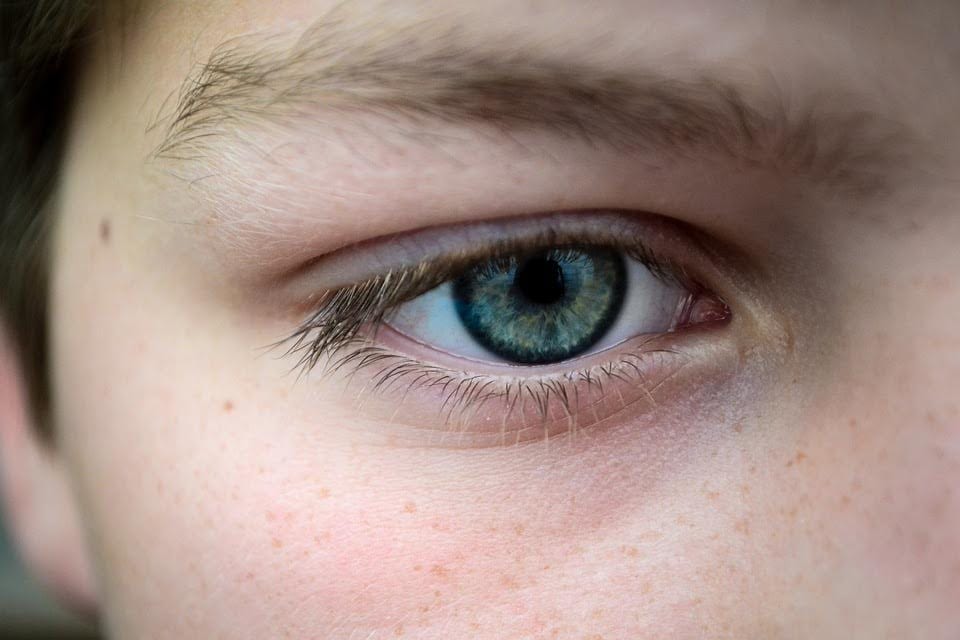If your child is struggling in school and with completing homework, many times the tests performed will only include an assessment of his or her eyesight, often finding that nothing is “wrong”.
When testing struggling students, it can appear that they’re seeing “just fine”, perhaps even have 20/20 eyesight – yet the issue may be an undetected functional vision problem – calling for the assessment of functional vision skills.

Functional vision goes beyond eyesight, and includes the visual skill areas of eye teaming, eye focusing and eye movement – which are all essential for success in school.
Getting a second opinion involves reaching out to another medical expert to either confirm the original diagnosis, or, ideally, run a separate set of tests and analysis – such as tests for visual skills, which may help shed a light on this often-overlooked issue.
According to a research by the Mayo Clinic, 88 percent of patients who sought a second opinion “go home with a new or refined diagnosis – changing their care plan and potentially their lives.”
While not every original diagnosis is wrong, here are the cases where it is a good idea to consider a second opinion regarding your child:
If your child is bright but struggling in school, and the teachers and educational support staff can’t seem to find anything wrong, you may want to seek a second opinion outside of school.
If your child’s physician or eye doctor are not familiar with functional vision, and are unable to identify a cause for your child struggling in school, you may want to ask for a second opinion from a developmental optometrist. A developmental optometrist, or an ADHD/ADD doctor, has received specialized training and is board certified in the diagnosis and treatment of functional vision problems.
If you’re told your child has 20/20 eyesight, but is experiencing blurry vision, often times the only test performed is the Snellen eye chart, used to determine someone’s ability to see an object clearly – but most of the time it doesn’t reveal any issues with eye tracking, eye movement and eye focusing. In case, you may want to seek a second opinion that will focus on functional vision problems.
If your child has ‘crossed eyes’, or strabismus, surgery may be recommended, which would address cosmetic issues, but may not address the underlying issue of poor functional vision – so a second opinion is warranted.
Finally, if you’re unclear or uncertain of the diagnosis, and the treatment plan doesn’t seem to be addressing the root cause, you should seek a second opinion.
In essence, getting a second opinion is entirely justified if you or your child’s current vision assessment does not include an evaluation of functional vision skills, and by having this testing done, you may find the solution to an undetected problem.
Once you’re ready to pursue a second opinion, it’s a good idea to inform your doctor and continue to keep communication lines open – it may increase the potential for collaboration and lead to the best outcome for you or your child.
At Vision Development Center of Lancaster, we offer programs designed to address very specific sets of vision disorders displayed by an individual patient, and our vision therapy techniques can benefit both children and adults.
Vision Therapy can help an individual pay attention by developing and improving visual skills that include visual tracking, fixation, focus change, binocular fusion and visualization.
The world renowned Doctor Arthur Seiderman’s program includes non- invasive, natural, medicine free ADD treatment that can change your life, or the life of your loved one.
Looking for ADD doctors and developmental optometrists in Lancaster PA or vision therapy techniques? We invite you to begin the journey to better health and quality of life today – call our office at (717) 656-0534 to make an appointment, or click here to take our free symptoms survey.